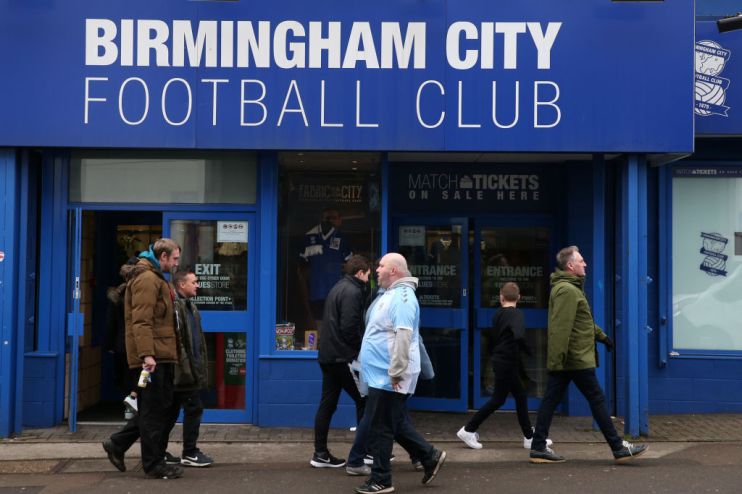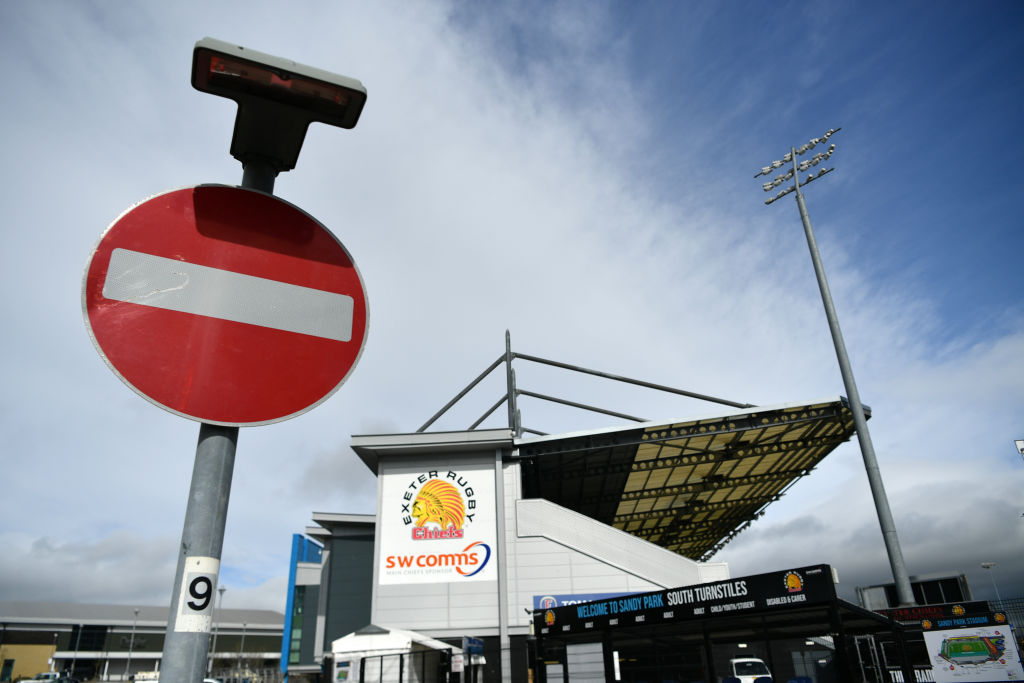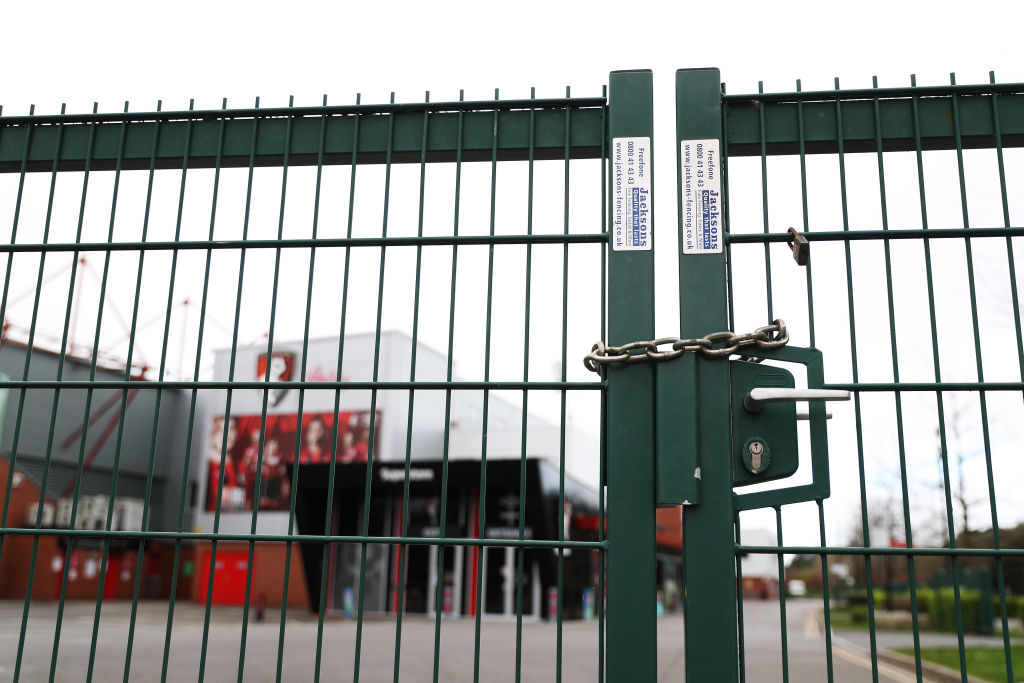Coronavirus: Clubs facing ‘an avalanche’ of claims from players over forced pay cuts

Everyone has had to make sacrifices since the coronavirus pandemic took over daily life, and sportspeople are no exception.
With all sport in the UK currently postponed, players have set about a new existence, training as best as they can at home until a resumption is possible.
But with no end to the lockdown in sight, teams have moved to limit the financial impact caused by Covid-19.
No longer able to rely on the revenue streams associated with match days, many football and rugby clubs have slashed expenditure elsewhere by asking all staff to take wage reductions or deferrals.
All Premiership rugby clubs apart from Exeter Chiefs have announced pay cuts: 10 opted for a 25 per cent deduction, while Bristol Bears chose not disclose the amount.
Birmingham City have asked the players on more than £6,000 per week to defer half of their wages for the next four months, while Hearts have asked all staff to take a 50 per cent cut.
On the face of it this may appear an understandable response to an unprecedented situation, but behind the scenes a storm is brewing.
Complicated truth
Although these measures seem to present a united front, the truth is far more complicated.
While Hearts can point to clause 12 in player contracts, which gives them the right to postpone salaries if the Scottish Football Association suspends the season, the picture is different south of the border.
“Now that a number of clubs in England have done so, it’s highly likely that other clubs follow suit, but any such wage deferral arrangement requires the player’s agreement,” explains Dan Lowen, a sports lawyer at Level.
“Players’ contracts do not contain a contractual right for the employer to impose a wage deferral or reduction.”

Clubs can ask players to take pay cuts and hope the collective pressure is enough to persuade them. But despite the statements giving the impression of unity, not all players are accepting.
“I know lots of rugby clubs have come out and said: ‘Everyone has got to take a pay cut.’ But it’s not as simple as that,” one agent told City A.M.
“We’ve certainly got lads who haven’t agreed to the pay cut in Premiership rugby sides.
“We had a player who had been offered a two-year contract. That has been removed and then he’s had an email saying that for the long-term sustainability of the club they’ve got to cut wages by 25 per cent. Well, there’s no chance he’s taking it, because he’s got to think about his long-term future.
“I think it’s going to continue for a while and I think we will see claims for unpaid wages and things like that where guys haven’t agreed to the amendments to their contracts.”
Avalanche of claims
If clubs impose a blanket wage reduction despite some players not agreeing then they are leaving themselves open to later litigation.
Players will be able to claim for unpaid wages, or could even use the incident to walk away from clubs because Fifa rules class a change in terms as grounds for termination.

With no clear guidance from the Premier League, English Football League or Professional Footballers’ Association, clubs and players have been left to fend for themselves.
The PFA told City A.M. they will hold further meetings this week “with a view to formulating a joint plan to deal with the difficult circumstances”, but for the time being confusion continues.
“Without further clarification, there’s certainly a possibility for an avalanche of potential claims coming from players who are being asked to take pay cuts,” says Mohit Pasricha, head of sport at Mackrell Solicitors.
“I anticipate a huge amount of conversations are going to happen between clubs and their players. We’re going to start a big negotiating period.”
Universal acceptance
These problems are currently mainly being experienced in Premiership rugby, Scottish football and the lower leagues of English football, but the stronger financial position of the higher tiers will not hold for long.

Pasricha believes that although there is no contractual obligation for players to accept pay cuts, a “universal acceptance” that they are necessary to get through a crisis – and potentially save clubs from insolvency – may hold for a few months.
“Six months, however? We may start to see the relationship between the player and club significantly tested,” he adds.
Fifa is reportedly working on some “guiding principles” on the subject, but with 211 member associations to govern, Lowen says it is not an easy task. Instead, Pasricha believes the guidance needs to come from closer to home.
He warns: “We may see a wave of potential claims unless there is a collective agreement involving the player unions such as the PFA and Fifpro on a global scale, which can seek to support players during these unprecedented times.”